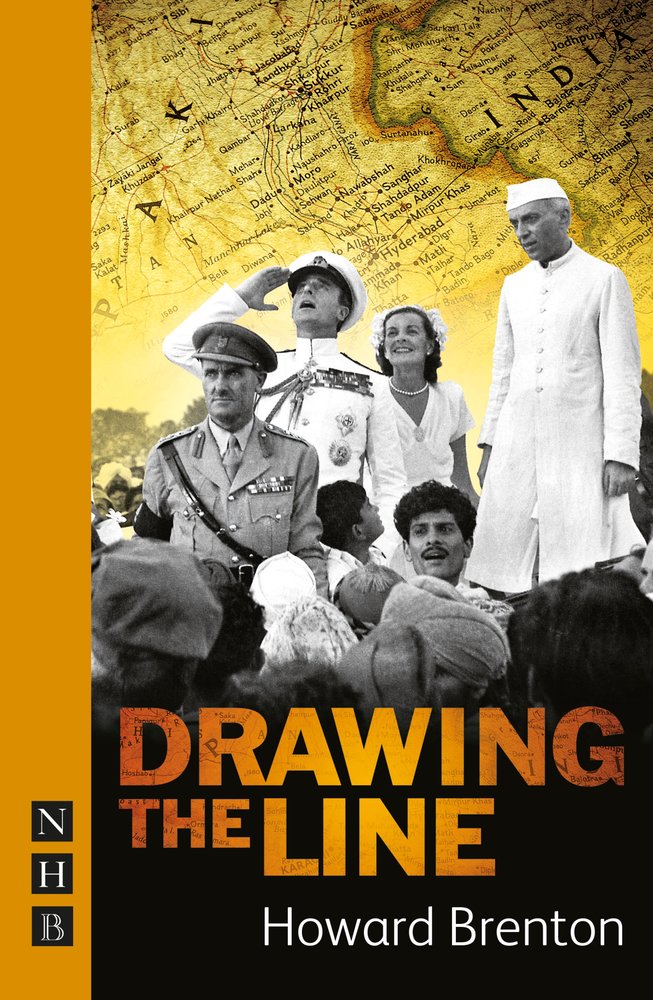A vivid telling of the chaotic story of the partition that shaped the modern world.London, 1947. Summoned by the Prime Minister from the court where he is presiding judge, Cyril Radcliffe is given an unlikely mission. He is to travel to India, a country he has never visited, and, with limited survey information, no expert support and no knowledge of cartography, he is to draw the border which will divide the Indian sub-continent into two new Sovereign Dominions. To make matters even more challenging, he has only six weeks to complete the task.Wholly unsuited to his role, Radcliffe is unprepared for the dangerous whirlpool of political intrigue and passion into which he is plunged - untold consequences may even result from the illicit liaison between the Leader of the Congress Party and the Viceroy's wife' As he begins to break under the pressure he comes to realise that he holds in his hands the fate of millions of people.Drawing the Line premiered at the Hampstead Theatre, London in December 2013.'powerful... a fascinating play which views colonial culpability from an unexpected and singularly revealing angle' - Independent'Brenton is a masterly storyteller... the play expertly draws you into the maelstrom' - Financial Times'Brenton knows how to make history manifest... gives a vivid picture of the pressures of the time' - Guardian'fleet and fascinating' - WhatsOnStage'crisp, elegant and revelatory... a fascinating story of mixed intentions and rushed folly' - The Stage


